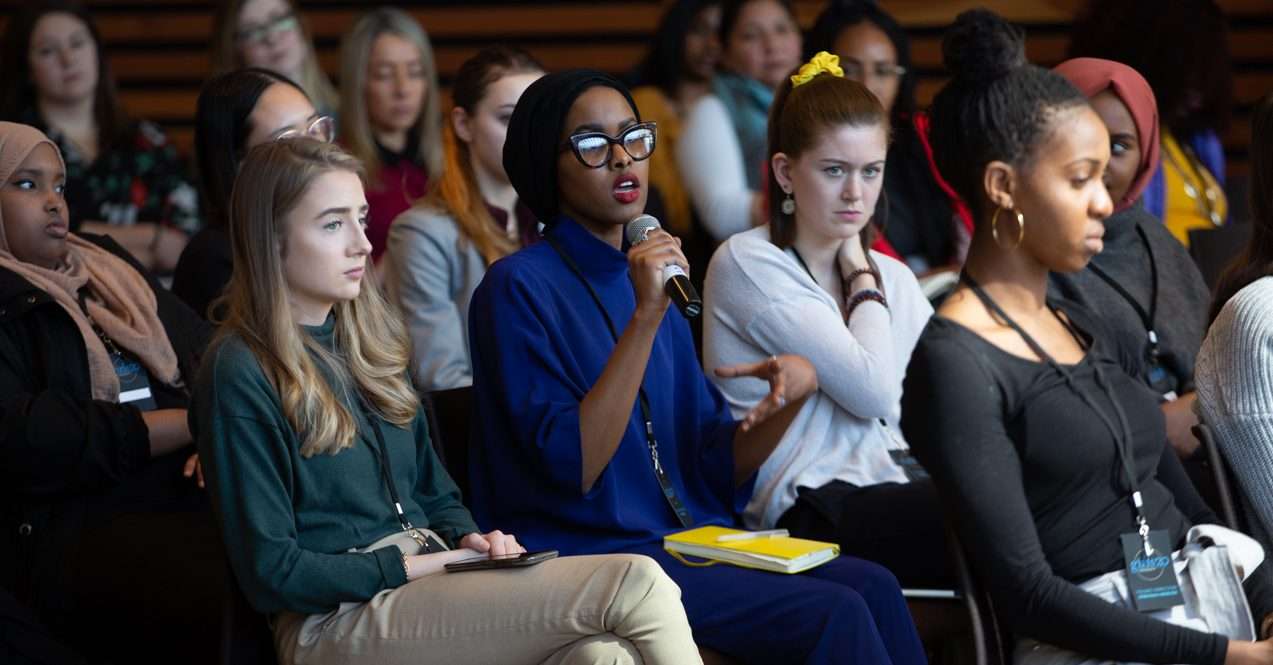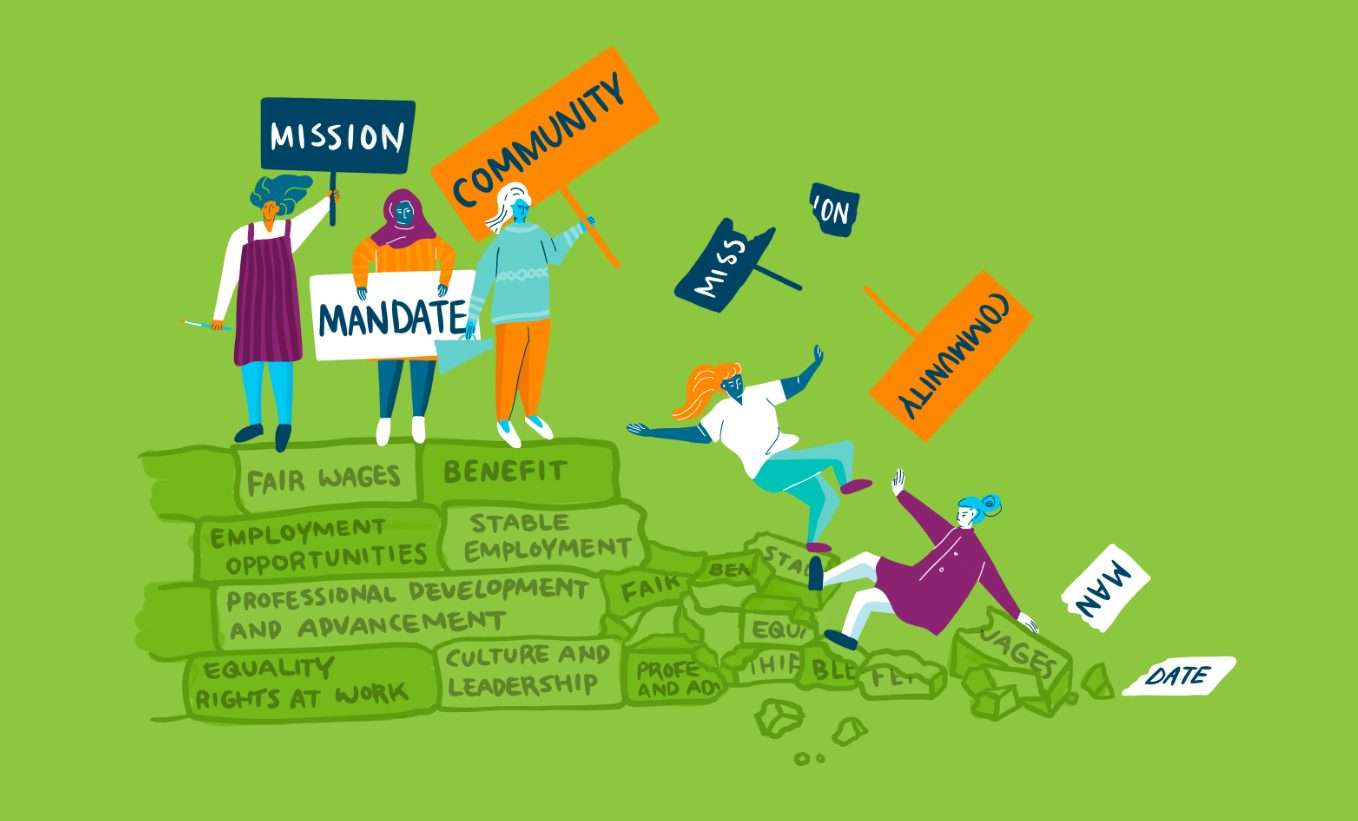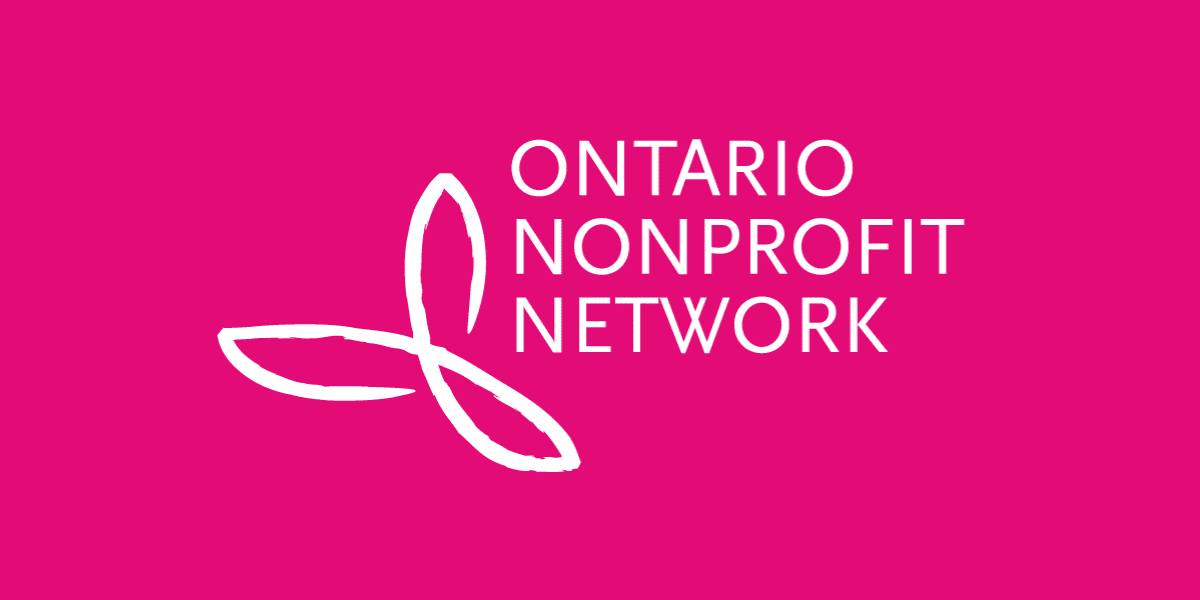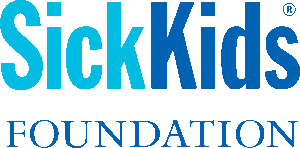
Blog
A strong sector and economy requires the investment into women’s organizations
As the pandemic and economic recession continue to destabilize communities across Ontario, women’s organizations in the nonprofit sector are struggling to stay afloat while providing critical services and employing women and non-binary folks. The sector, and more specifically the organizations pushing for gender equality, require a sector stabilization fund. Women’s organizations are critical to building a stronger sector and a stronger economy.
G(irls)20 is a Canadian charity working to advance the full participation of young women in decision-making spaces, by building leadership skills and ensuring young women are present and heard at decision-making tables, whether with policy-makers or board directors. Since 2017, the program has matched 99 women to over 70 nonprofit governance boards as directors. This kind of program builds the pipeline for strong leadership in our province. Further, with only 19.4% of board seats in Canada filled by women, the program brings us closer to achieving gender equality. Here’s why we cannot afford to lose programs like these during the ongoing pandemic.
Young women offer lived experience
The Girls on Boards program is an opportunity for young women to serve their own communities. During the pandemic, it’s critical that voices from the community are represented in the rooms where resources are allocated and strategic decisions are made.
One Girls on Boards participant shared her experience as a newcomer to Canada when serving on the board for Times Change Women’s Employment Services. She told us “I was able to advocate for programming culturally specific to immigrant women and would push to make programming available to non-status women”.
Young women are advocates
Young women must be positioned to advocate for other young women. Economic data shows that young women have been disproportionately affected by the COVID-19 crisis. “While young women and men lost full-time jobs at nearly the same rate, young women fared worse in the loss of part-time work… young women and older women have not had the same experience during the first six weeks of this economic crisis. The share of women who lost their jobs was nearly three times higher among ages 15-24 than those 25 and older.”
Young women have been all but forgotten as policy-makers mobilize to respond to the economic crisis. We must invest in programs that build young women’s leadership during this time and position them to take their rightful place in recovery committees and working groups that inform policy-makers.
Young women are board-ready
Young people make unique contributions to a board, offering creativity and diverse thinking to help navigate a crisis. This was illuminated in the G(irls)20 recent webinar, Non-Profit Governance in a Crisis, which helped participants understand how board members can and should rise to the occasion during this crisis. Young people see the world differently and ask questions that others may not be asking. This is the value of diversity on a board – a new perspective can jolt a group into novel solutions.
Young people gain vital capacities by learning more about governance, financial oversight, negotiating and consensus-building. In order to support a strong sector, we must continue to equip young people to step into boardrooms with the skill-set that enables a board to support an organization’s leadership team. We cannot afford to lose funding for capacity-building programs like these.
Young women navigate future trends
The value of having young people on boards is that they spearhead digital transformation. They think of creative ways to train their fellow board members on new technology and are best equipped to support digital transformations and find opportunities in this new world. Don’t discredit a group of qualified individuals due to their age, they come with a lot of lived experiences and transferable skills that nonprofit boards desperately need.
A crisis presents opportunities. Despite the devastating consequences COVID-19 has had on the sector, with stabilization funding, we have the opportunity to embrace innovation and respond by serving the needs of our post-COVID world. This change will inevitably be led by young people. Let’s ensure that funding to programs building their skills continue so that we have effective, impactful leadership to guide us.
G(irls)20 is a Canada-based, global charity working to advance the full participation of young women in decision-making spaces to change the status quo. Learn more at www.girls20.org.





